Couture Culture: Exquisite Sepedi Dress Designs for the Fashionable

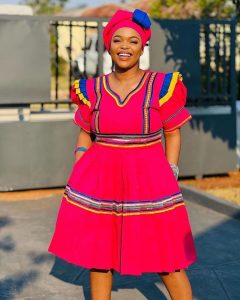

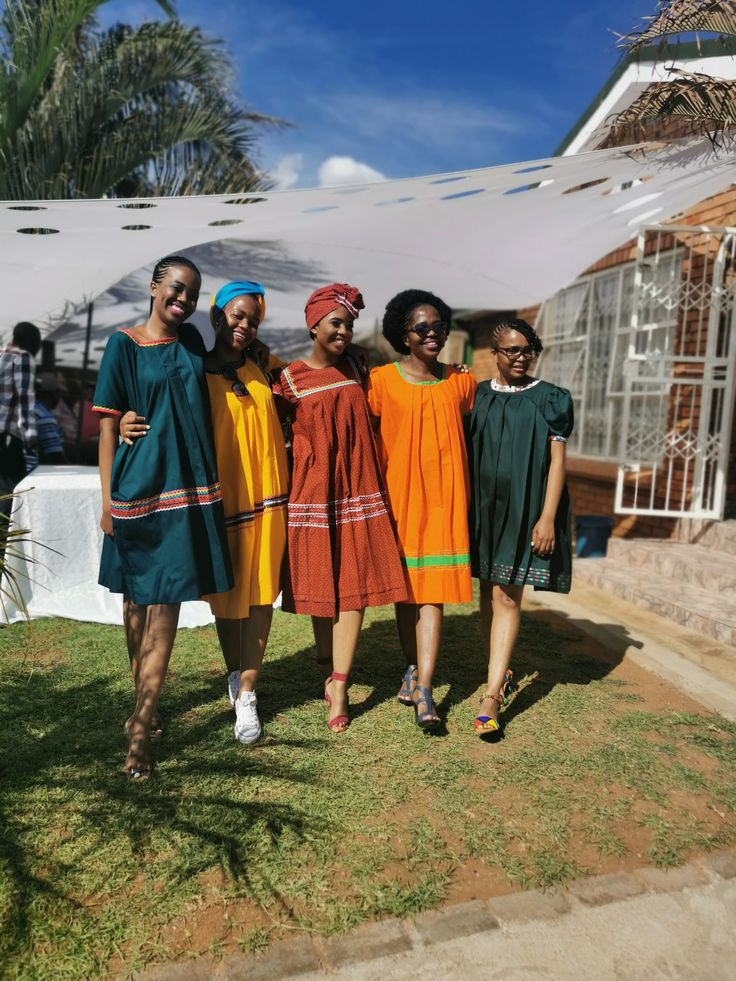
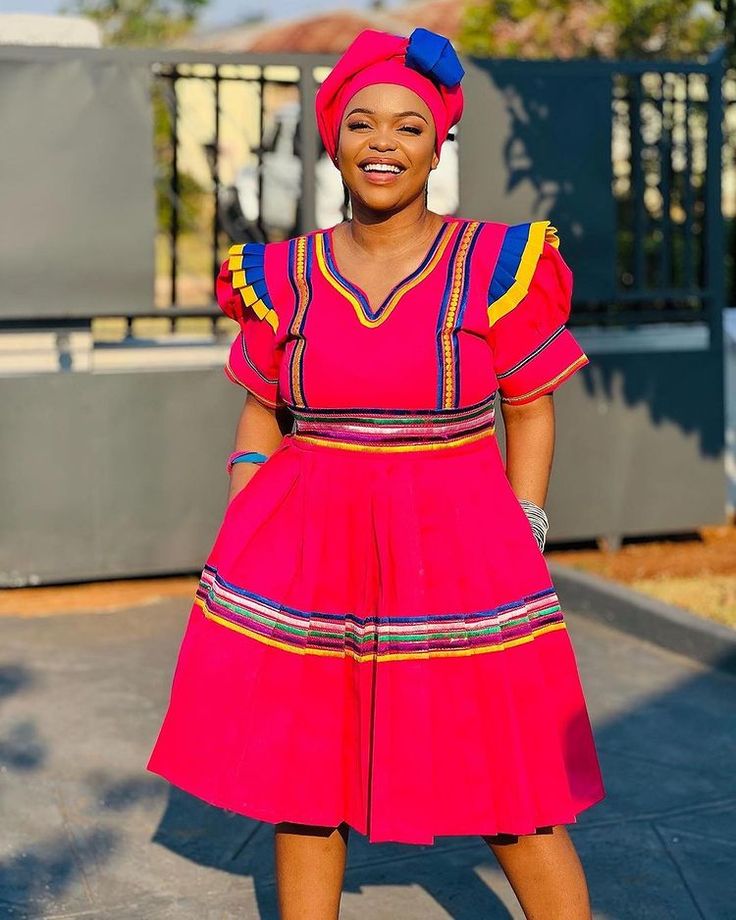
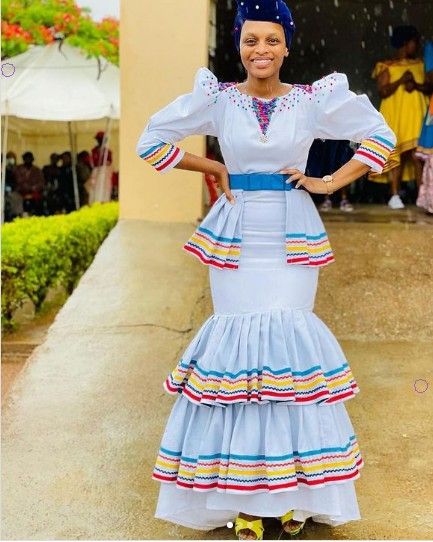


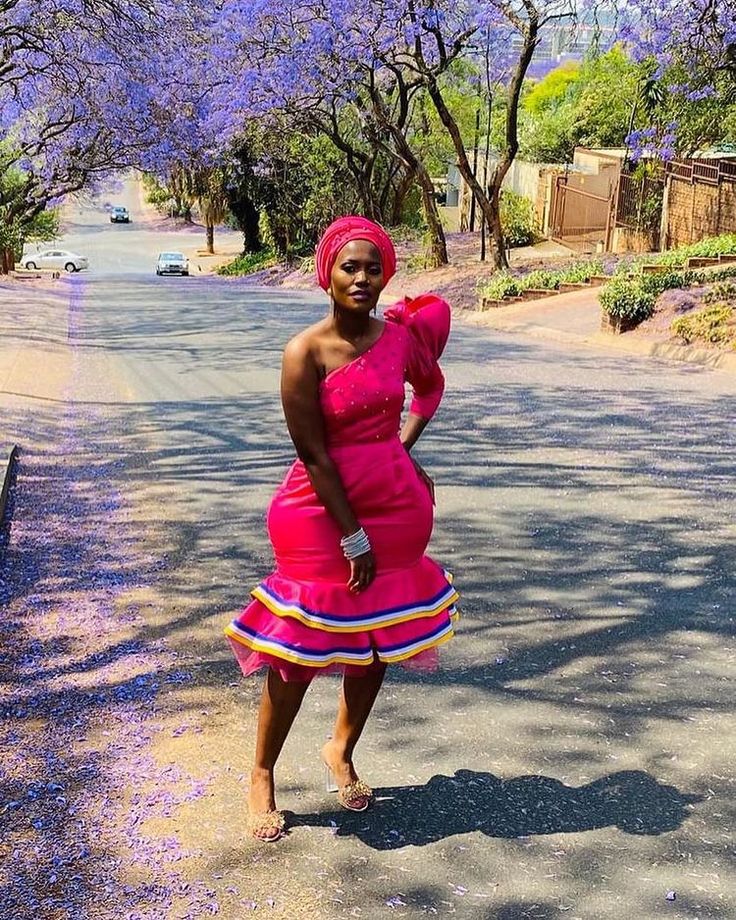
The year 2024 has seen a renaissance in Sepedi dress design, with designers pushing the boundaries of tradition to create truly innovative and exquisite pieces. One of the defining features of Sepedi dresses in 2024 is the blending of traditional techniques with contemporary aesthetics. Designers are incorporating modern fabrics, such as silk and organza, into traditional designs, resulting in dresses that are both timeless and of-the-moment.
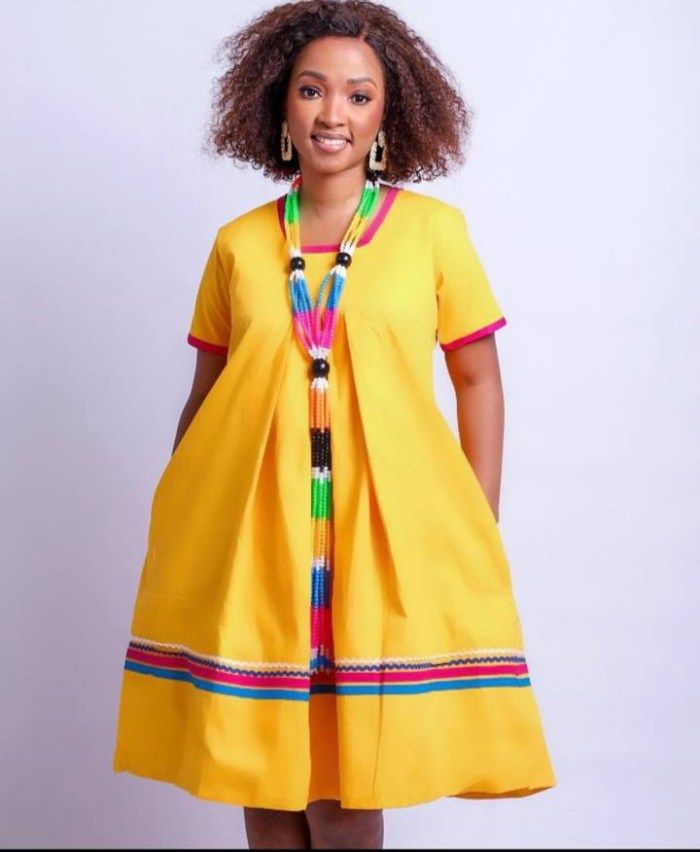
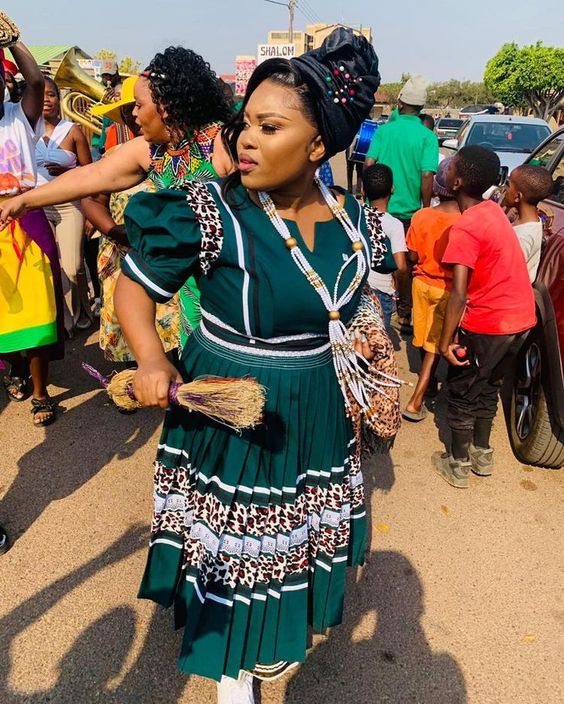

Embellishments play a central role in Sepedi dress design, and 2024 has seen a proliferation of intricate beadwork, embroidery, and appliqué. From delicate floral motifs to bold geometric patterns, these embellishments add depth and texture to each dress, elevating them from mere garments to works of art. Moreover, designers are experimenting with new techniques and materials, such as laser-cutting and 3D printing, to create truly unique and innovative designs.

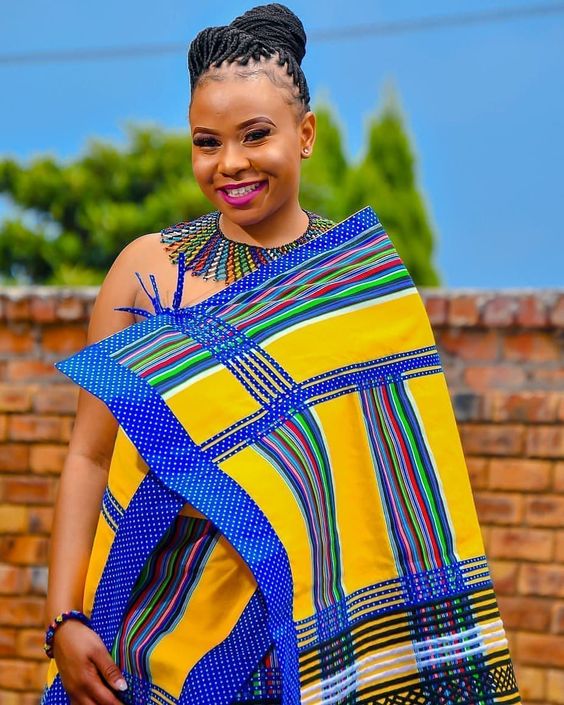
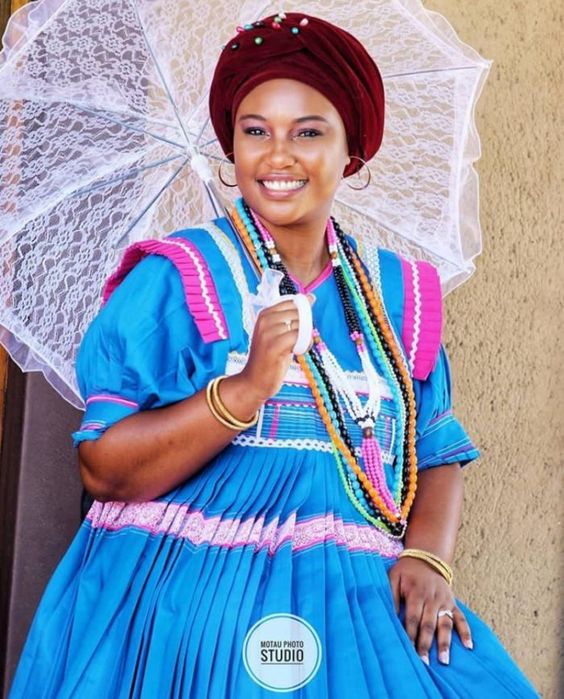



The allure of Sepedi dresses extends beyond their aesthetic appeal; they are also imbued with cultural significance and symbolism. Each element of a Sepedi dress, from the colors and patterns to the choice of embellishments, carries meaning and conveys a sense of identity and belonging. In wearing a Sepedi dress, one not only celebrates the beauty of the garment but also honors the traditions and heritage of the Sepedi people.


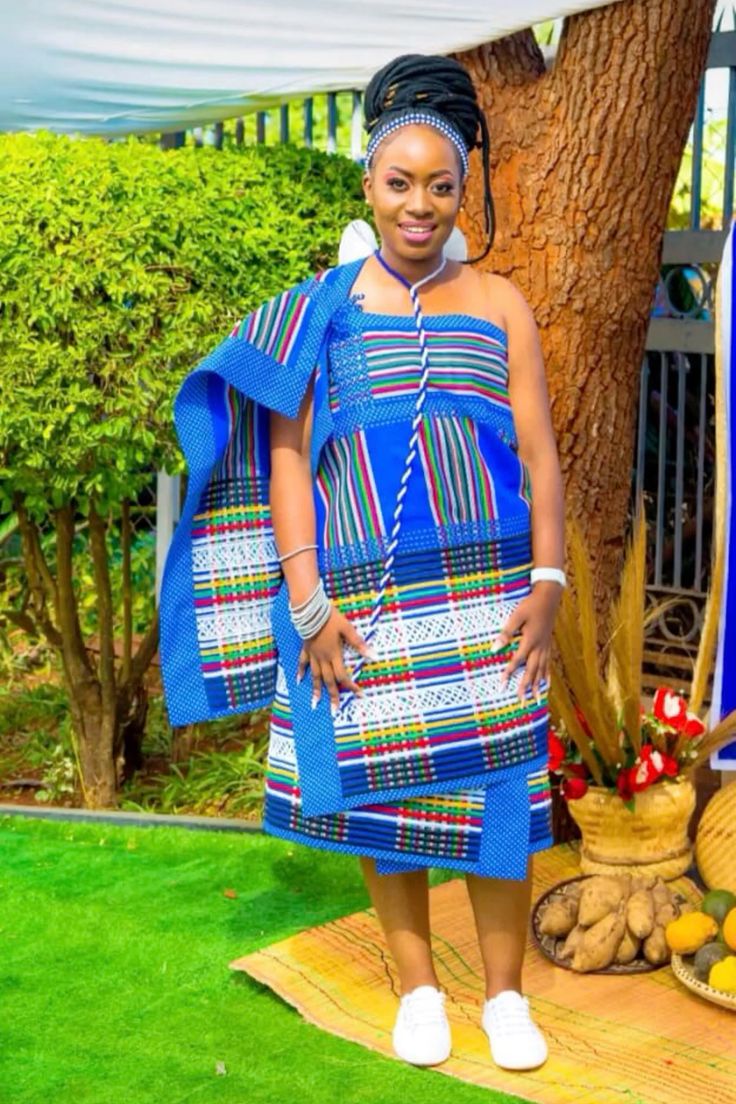
In conclusion, the year 2024 has witnessed a renaissance in Sepedi dress design, with designers pushing the boundaries of tradition to create truly innovative and exquisite pieces. From the blending of traditional techniques with contemporary aesthetics to the incorporation of sustainable materials and ethical practices, Sepedi dresses of 2024 are a testament to the enduring allure of cultural heritage in the world of fashion. As we look to the future, one thing is certain: the timeless beauty of Sepedi dresses will continue to captivate and inspire fashionistas around the globe.

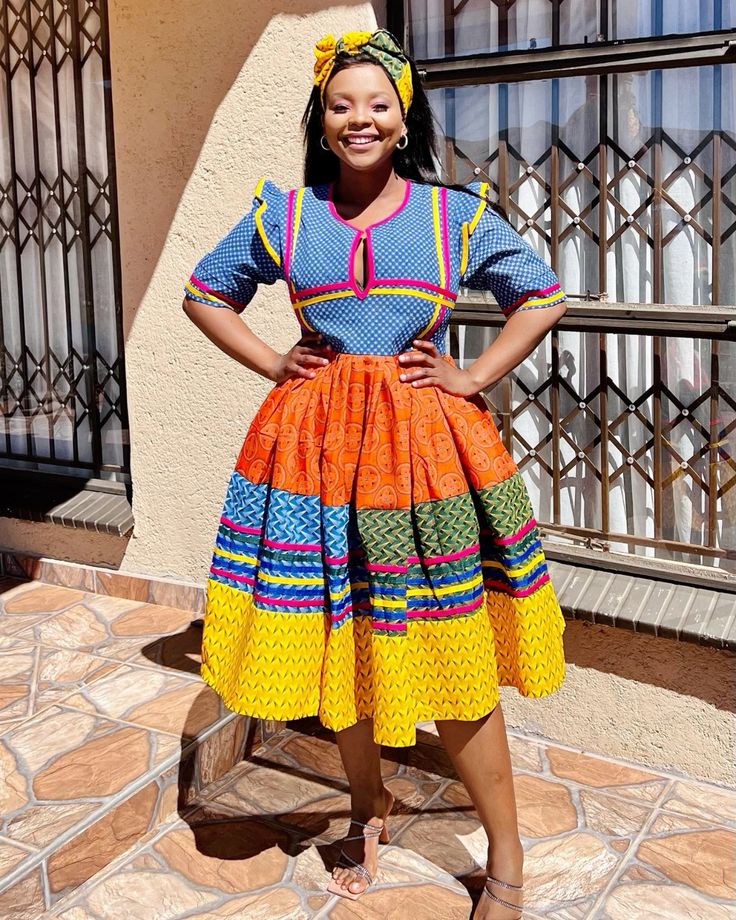

In the rich tapestry of South African culture, Sepedi dress designs stand out as exquisite expressions of tradition, beauty, and craftsmanship. Rooted in the vibrant heritage of the Sepedi people, these designs not only celebrate the richness of the culture but also serve as a captivating canvas for contemporary fashion enthusiasts. With a blend of modern sensibilities and traditional aesthetics, Sepedi couture has carved a niche for itself in the global fashion landscape.
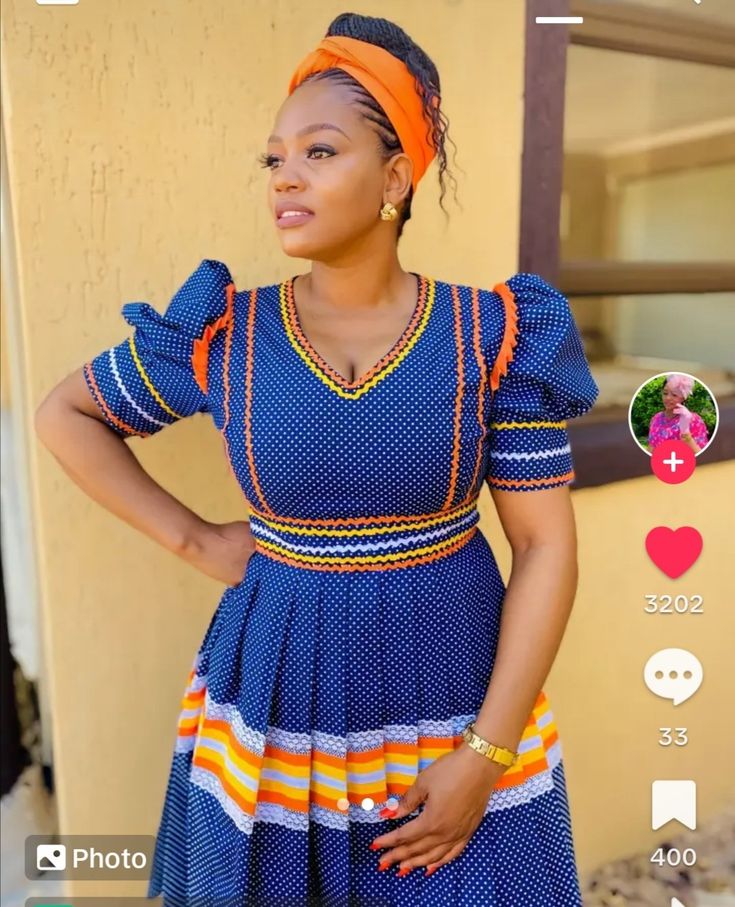
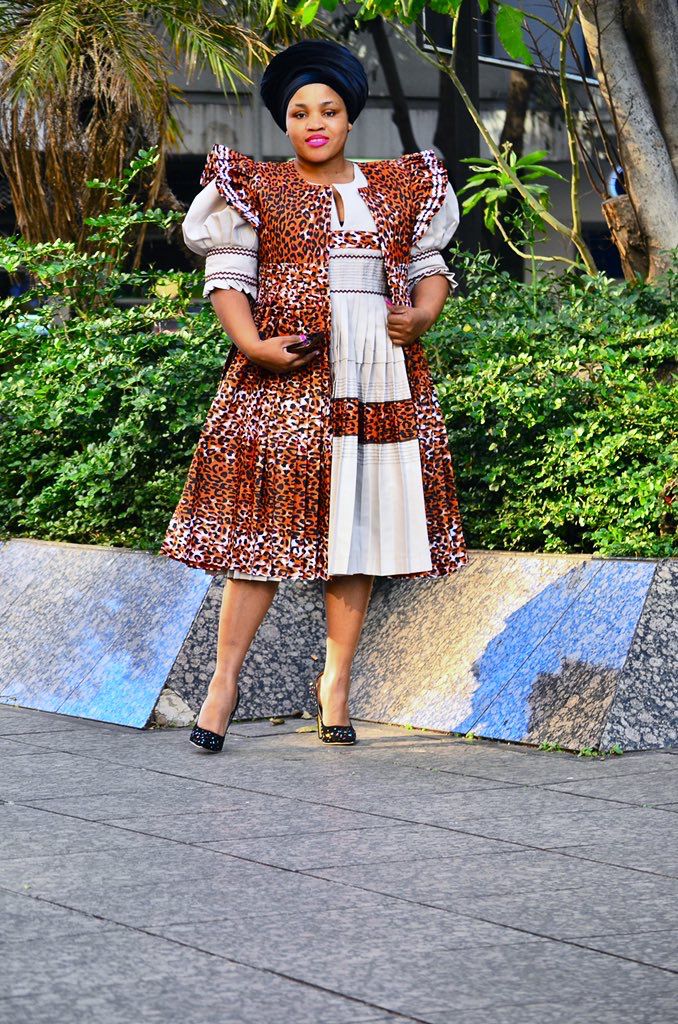
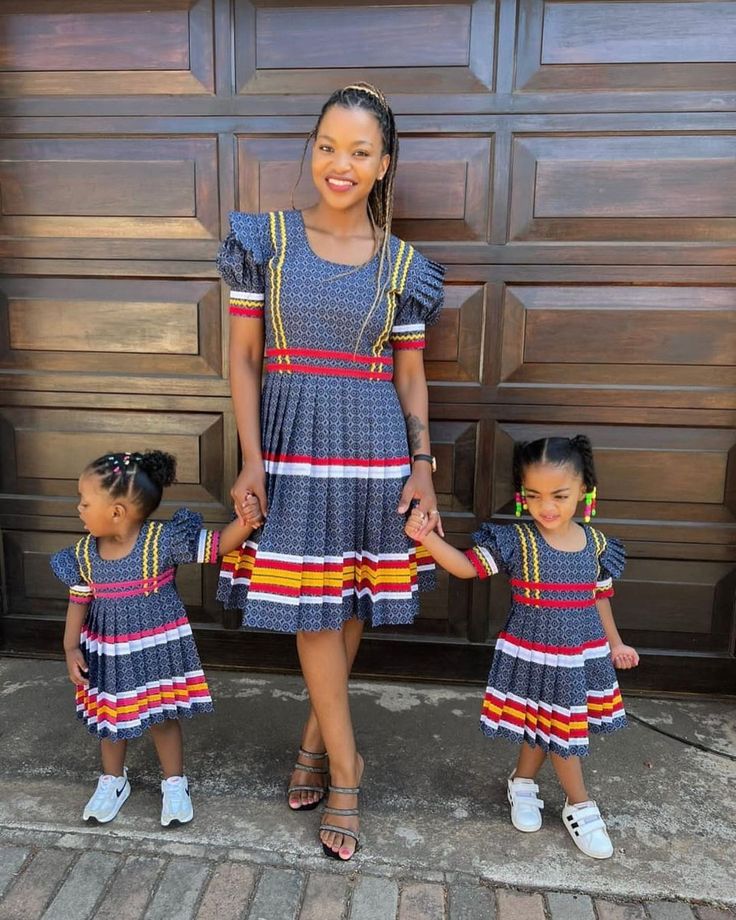
Sepedi dress designs are deeply intertwined with the cultural identity of the Sepedi people, who predominantly reside in the Limpopo province of South Africa. Traditional Sepedi attire reflects the values, beliefs, and societal roles within the community. The attire is not merely clothing but a symbol of pride, heritage, and belonging.
Comments are closed.